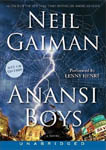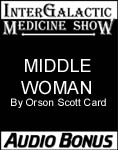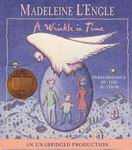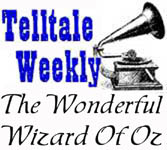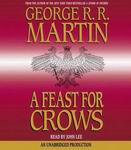
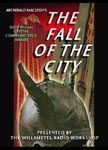 The Fall Of The City
The Fall Of The City
Based on the script by Archibald MacLeish; Perfomed by a full cast
1 CD – 32 Minutes 11 Seconds [RADIO DRAMA]
Producer / Publisher: Willamette Radio Workshop / LodestoneCatalog.com
Produced / Published: 2004 / 2006
Themes: / Fantasy / Allegory / Prophecy / Utopia / Dystopia / Totalitarianism /
“- In a time like ours seemings and portents signify -“
What few of the pre-WWII fantasy radio dramas produced tended to be allegorical, The Fall Of The City is no different in that respect. This one however has a unique feature – it was written as an extended dramatized poem “verse for radio” as they called it. The original production starred the then ubiquitous Orson Welles and a number of other Hollywood stars. This is the modern re-recording of the original 1937 radio drama. The folks at Willamette Radio Workshop have put the results to CD, but it was actually broadcast on WMNF 88.5 FM in Tampa, Florida in the fall of 2004. The production asks several questions appopriate for totalitarian times: ‘What freedom is worth?’ ‘What is freedom?’ And most importantly, “freedom from what?”
As Fall Of The City begins, a ghostly almost prophetic figure has appeared in city’s cemetary for three days running. When she finally speaks to the gathered mob she fortells the arrival of a conqueror, warning “The city of masterless men will take a master, there will be shouting then, blood after.” The citizenry, shocked that their advanced state may be under dire threat are agitated into a debate about the possible actions they might take to ensure their continued freedom. I found it an experience not unlike that of a staged Greek tragedy, thus it is all three high-browed, reflective and wise. To say more might be to reveal to much. What I can say without fear of spoiling the experience for you is that this is an artful production, sound design and music are beautifully rendered with voice acting in absolute top form. I’d be interested to hear if the team at Willamette will be taking on MacLeish’s 1938 follow up Air Raid another of his poetry dramas.
Posted by Jesse Willis
